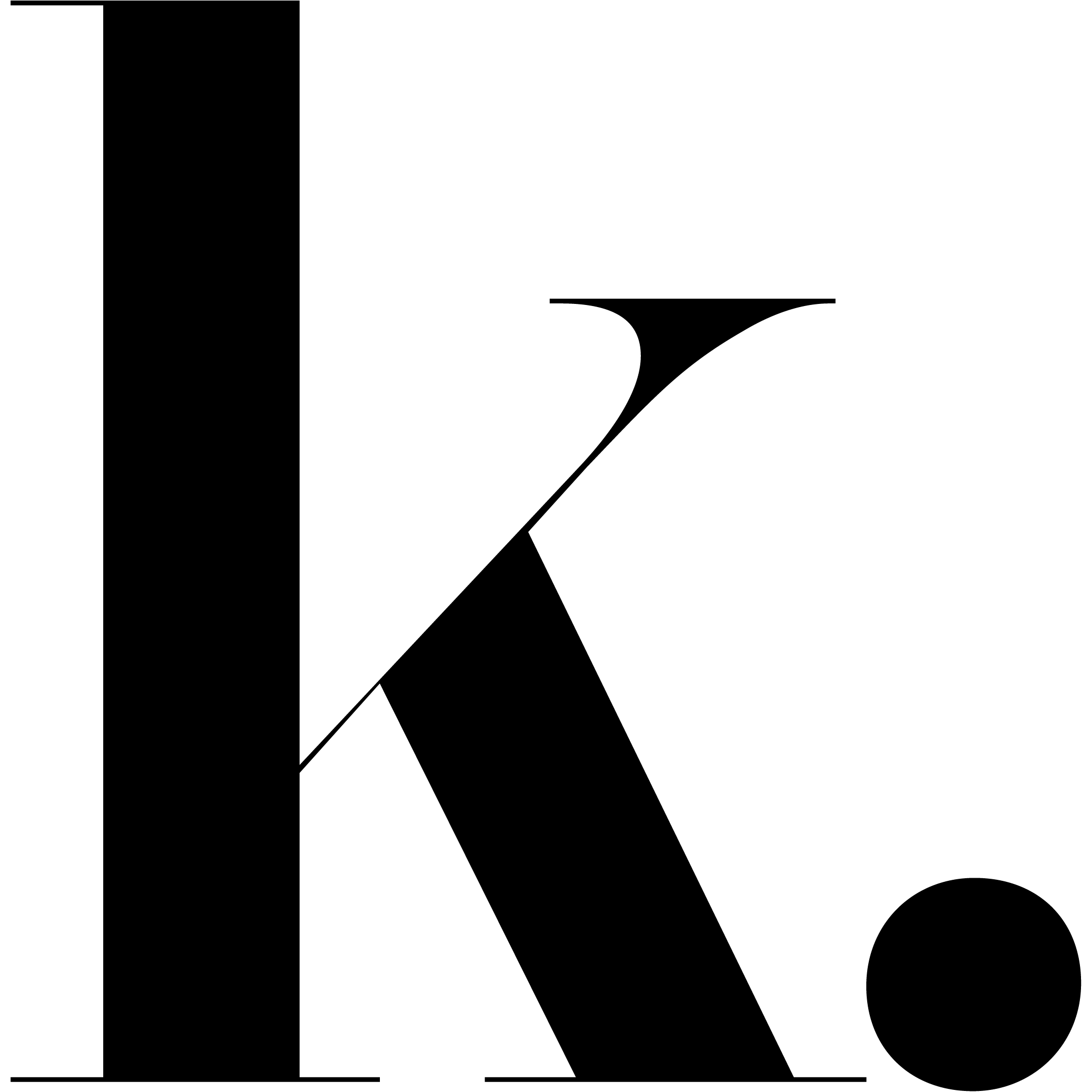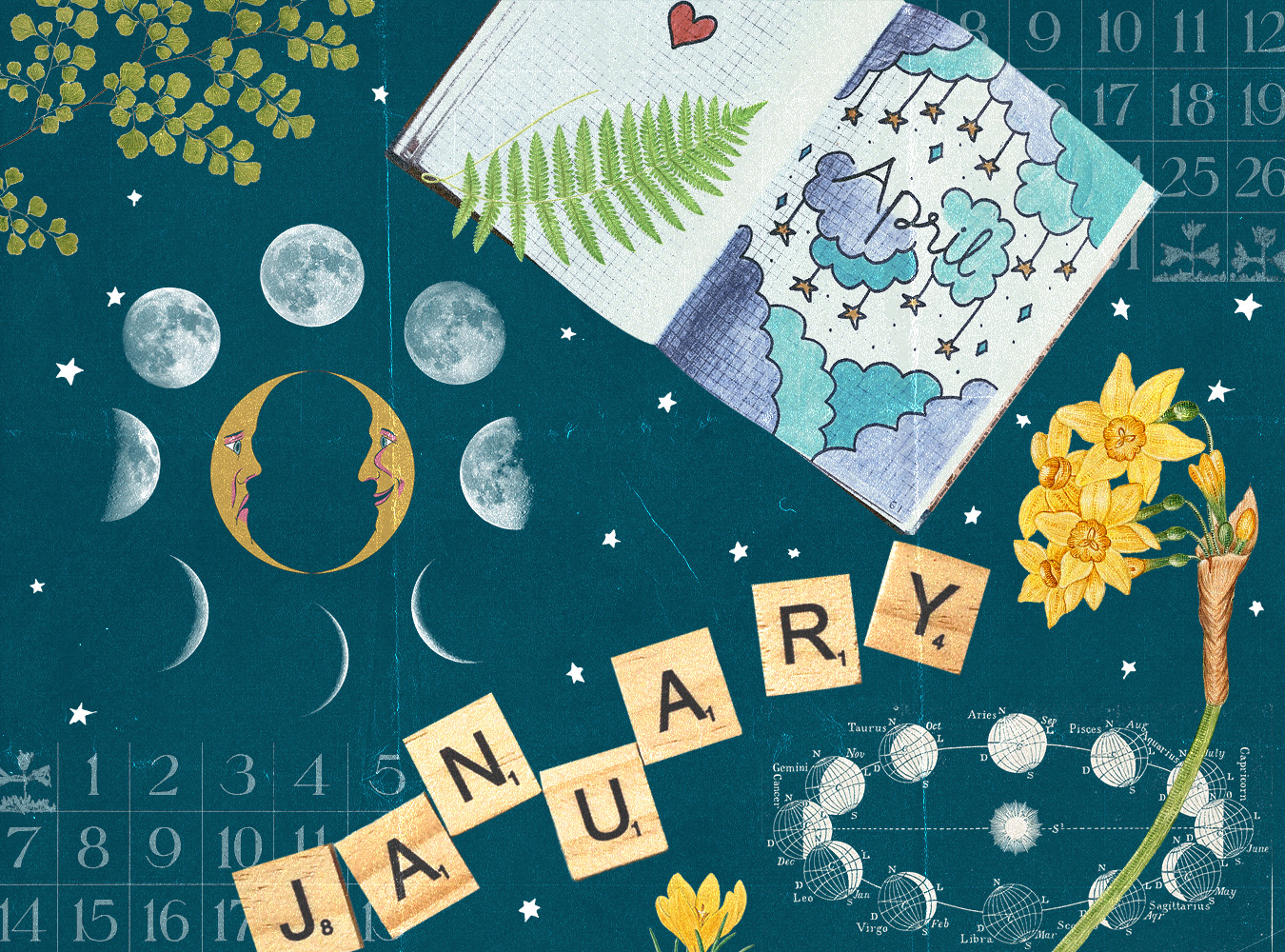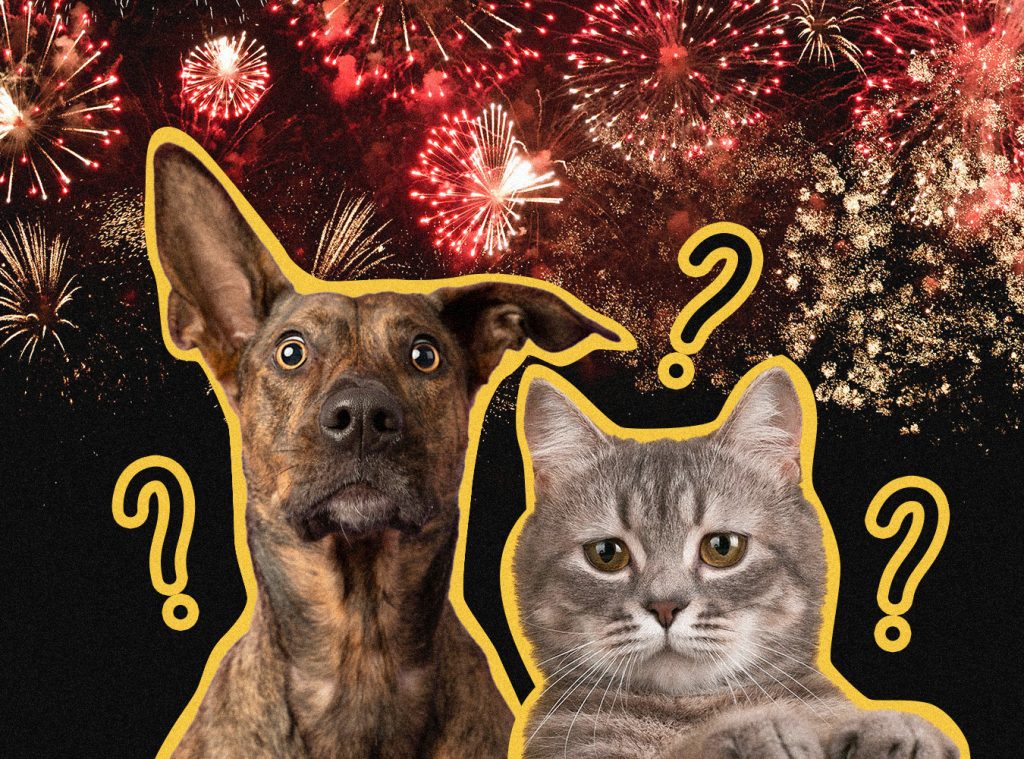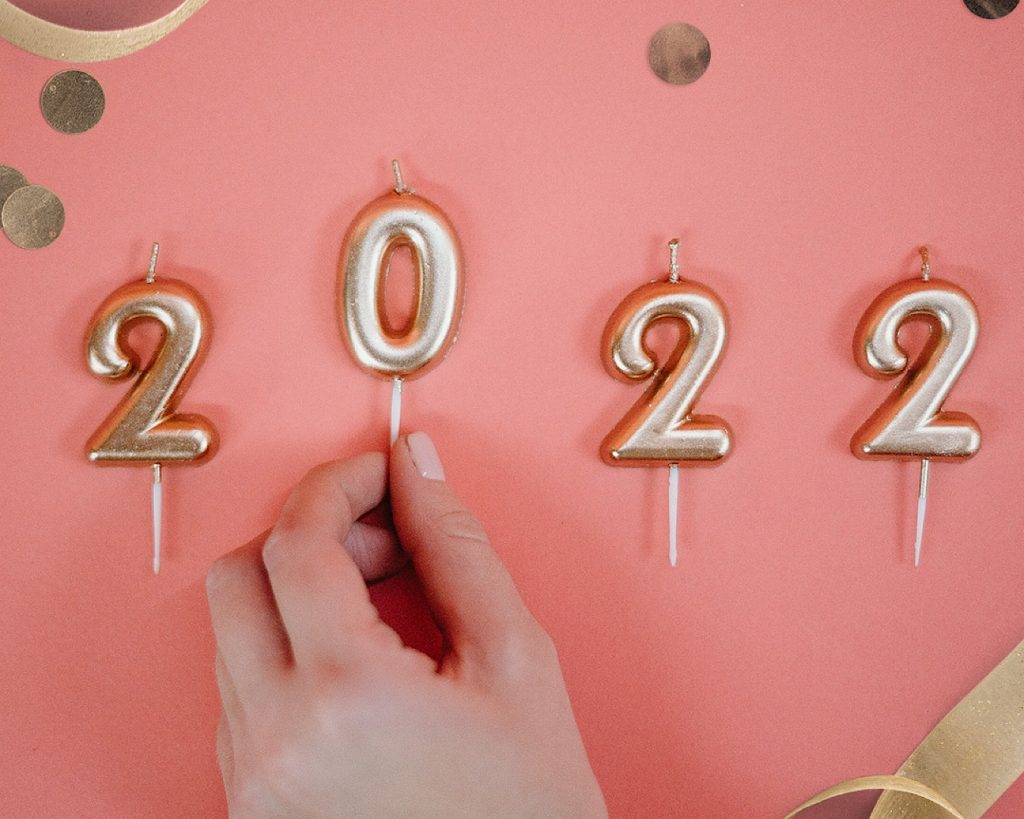So it’s okay if you’re still surrounded by the clutter of 2023, your gym membership is still unused, and the fresh batch of veggies and salad ingredients remain uneaten (please don’t waste food, eat your vegetables!). It’s okay to feel as if you’re hitting the snooze button on yourself. It’s not the end of the world if you step into the year on the wrong foot.
Sure, we celebrate the New Year in January and associate it with setting intentions and forming resolutions we try to keep for the rest of the year, hoping to be better versions of ourselves. But halfway through the month people often fail. Even if the calendar says so, January isn’t the month of beginnings. It doesn’t have to be yours when the world didn’t even observe the New Year collectively almost 300 years ago.
History of the New Year: Why January?
Ancient civilizations based their time on the movement of the Sun, the Moon, and stars. Most of them were agricultural societies, so they relied on the seasons to mark beginnings and endings. Islamic cities in the Arabian peninsula would develop their own calendars based on the Moon in line with significant dates in Islam. Our ancestors observed the New Year around the Spring Equinox when the ground was soft for tilling and planting seeds. China and other Asian countries still observe the Lunar New Year on the second New Moon after the Winter Solstice to welcome Spring.
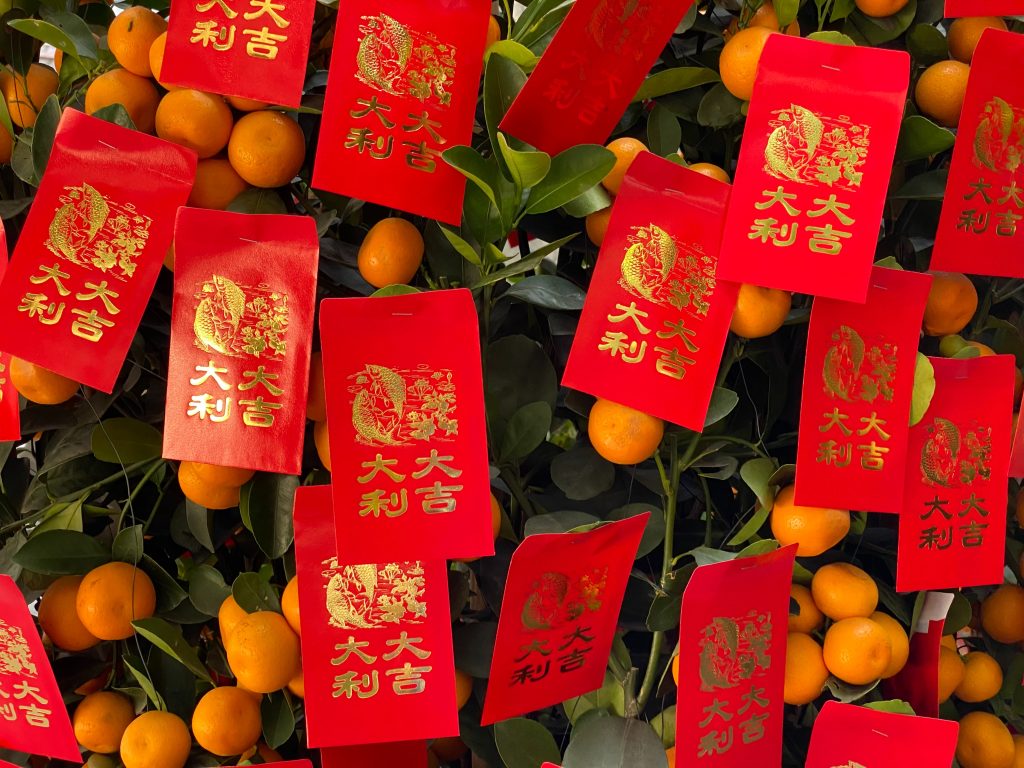
Photo by Yuwei Shaw from Unsplash
It was in Rome where the celebration of New Year began in January as an homage to Janus, the god of beginnings. They chose a date that coincided with the inauguration of newly elected officials. Adjusting their calculations based on the Moon, and seeking advice from mathematicians and astronomers, Julius Caesar developed the Julian calendar around 46 BC having January 1 as the first day of the New Year. Later, the Catholic Church under Pope Gregory XIII develops a more accurate system—the Gregorian calendar. All of Europe would not adopt it until the 1700s.
Although some countries still use their own calendar systems and observe New Year on different dates, the world acknowledges the Gregorian calendar as the standard for business and government matters.

“Tradition is just peer pressure from dead people.”
We live in a world with established rules and systems we have to consider, especially as we try to sustain ourselves in it. The Gregorian calendar is just one of the few things that persist because it’s a tried and true system that everyone else managed to get behind. The same can be said about the tradition of resolutions and our inclination toward self-improvement. Keep in mind though, that whatever you’re pursuing doesn’t have to conform to tradition or society’s expectations.
We All Have Many Chances To Begin
If you’re having trouble picking yourself up from the SADs (even if we don’t have winter, the days are still short and we’re not getting enough sunlight), just remember that you can start anything any time regardless of the calendar month. What’s great about being alive and being human are the many chances we have to set things right.
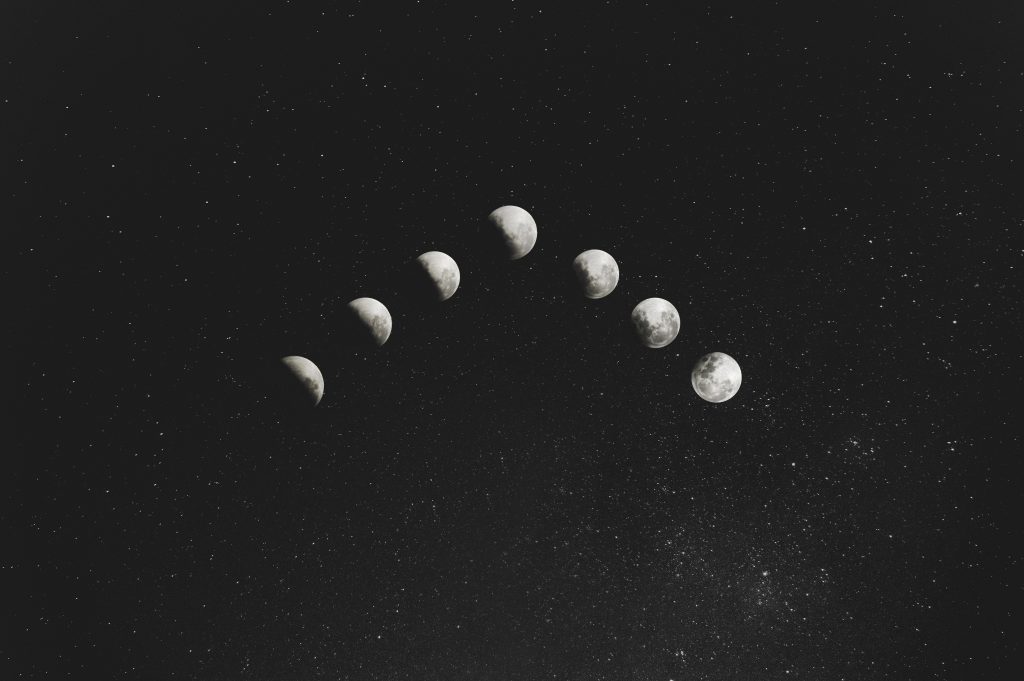
Photo by Anderson Rian from Unsplash
You don’t have to look far to validate your timing—the Moon is a solid example of the constant fluctuations we go through. New Moons are the time for planting seeds and setting intentions, Full Moons for looking at the yields of cycles past, and Waning Moons are for letting go and releasing. The fact that many Asian countries still follow a lunar calendar and still hold a celebration for the Lunar New Year attests to the influence the Moon has on various cultures and traditions around the world.
In Spring, with longer days and warmer winds, the earth is perfect for planting crops. The soft ground is malleable and changeable, full of potential and hope. The first buds of spring flowers bloom and there’s enough sunlight to play and do fun things outdoors. You see why ancient civilizations celebrated beginnings at this time of the year—it made the most sense to mimic what nature was doing.
January isn’t the month for beginnings. Beginnings often unravel before you in perfect timing, when you listen and observe cues from your surroundings and your body. Just follow your rhythm and find the balance between pushing and allowing things to happen to you. This year, we have about 13 New Moons and 12 Full Moons we could use as benchmarks for the goals we start and goals culminating, even the ones from years back.
Start Simple, Start Small
“Small changes lead to lasting breakthroughs.”

Image from Canva
What holds most of us back from starting something is the overwhelm that comes with it.
Break down a grand ambition into smaller, doable steps. Don’t worry about nailing it 100%, your actions don’t have to be perfect all the time either. Despite the promise of the future, it’s your present actions that steer you to the kind of outcome you want.

